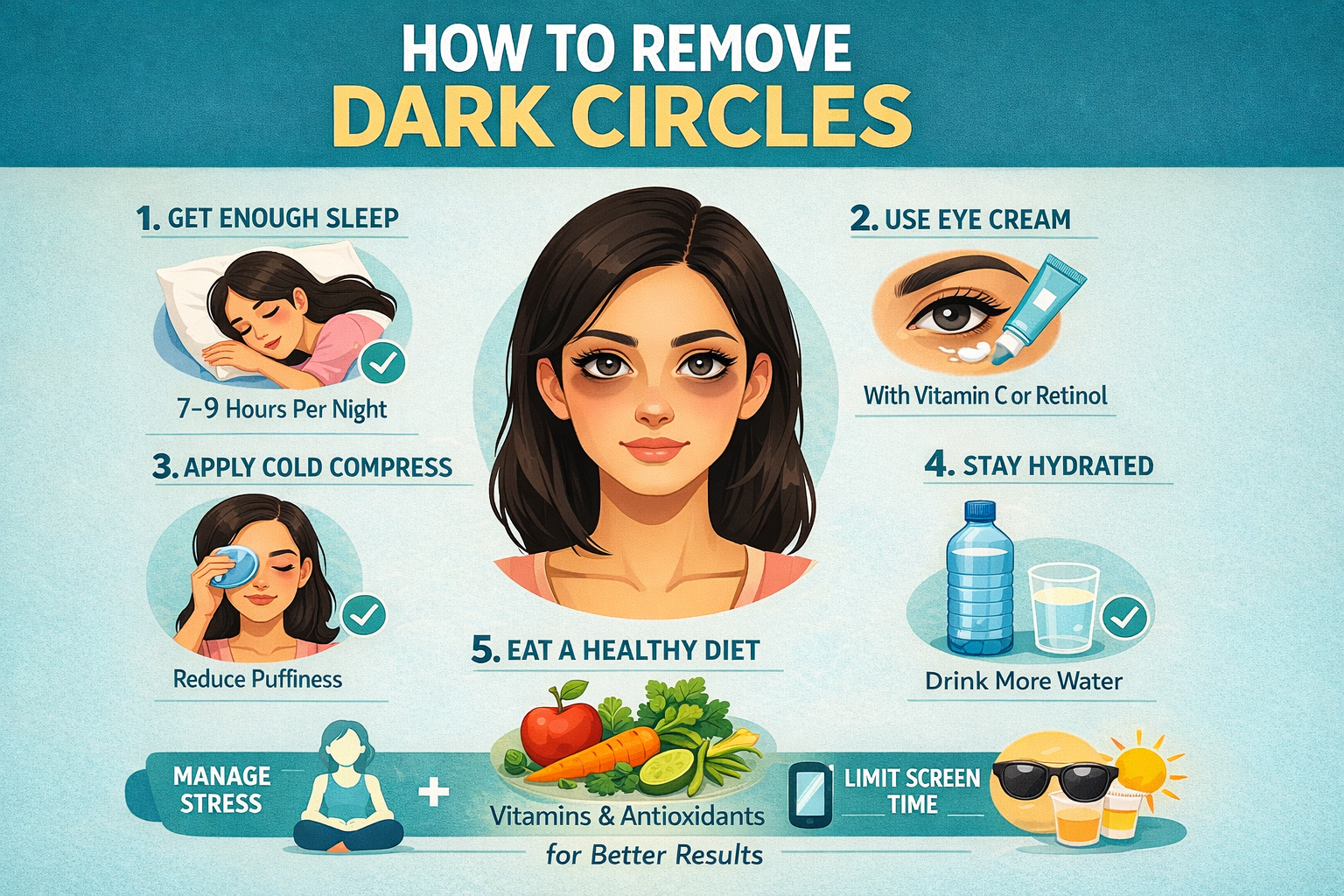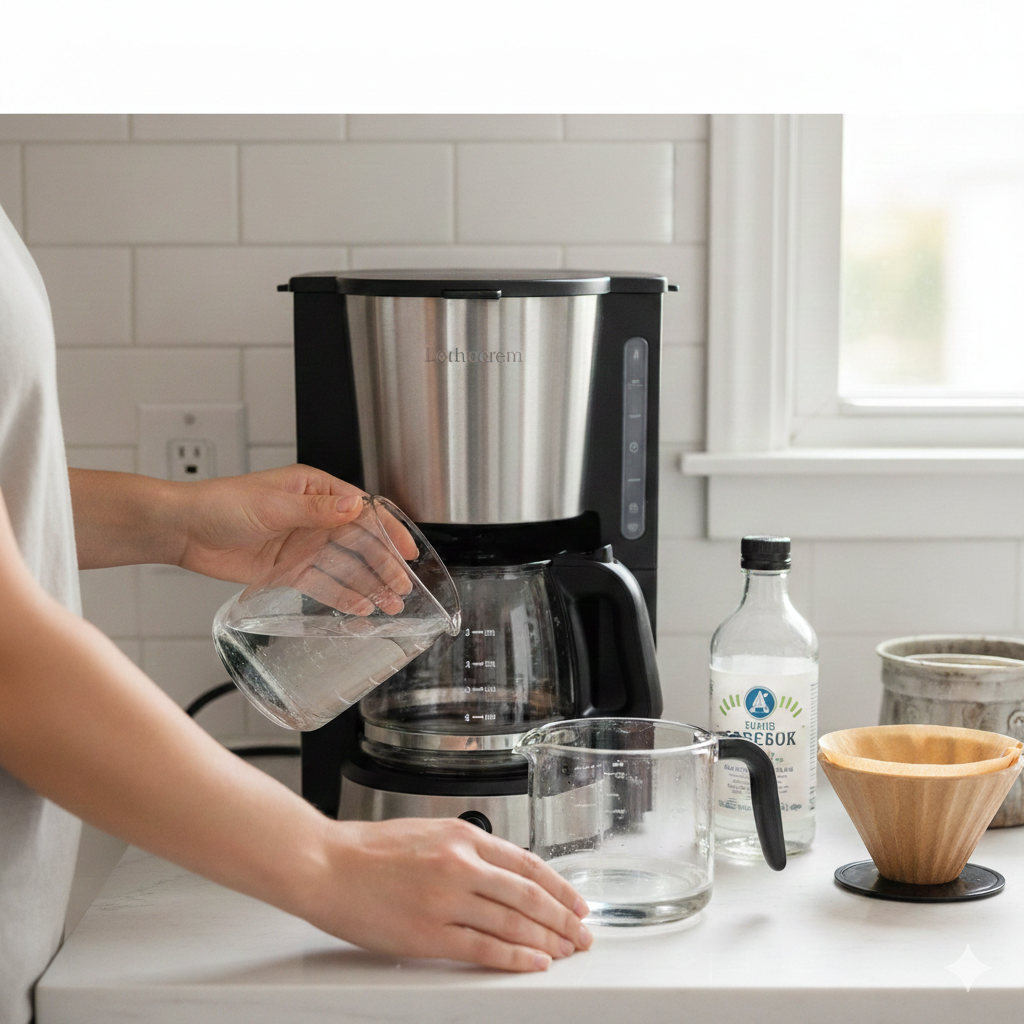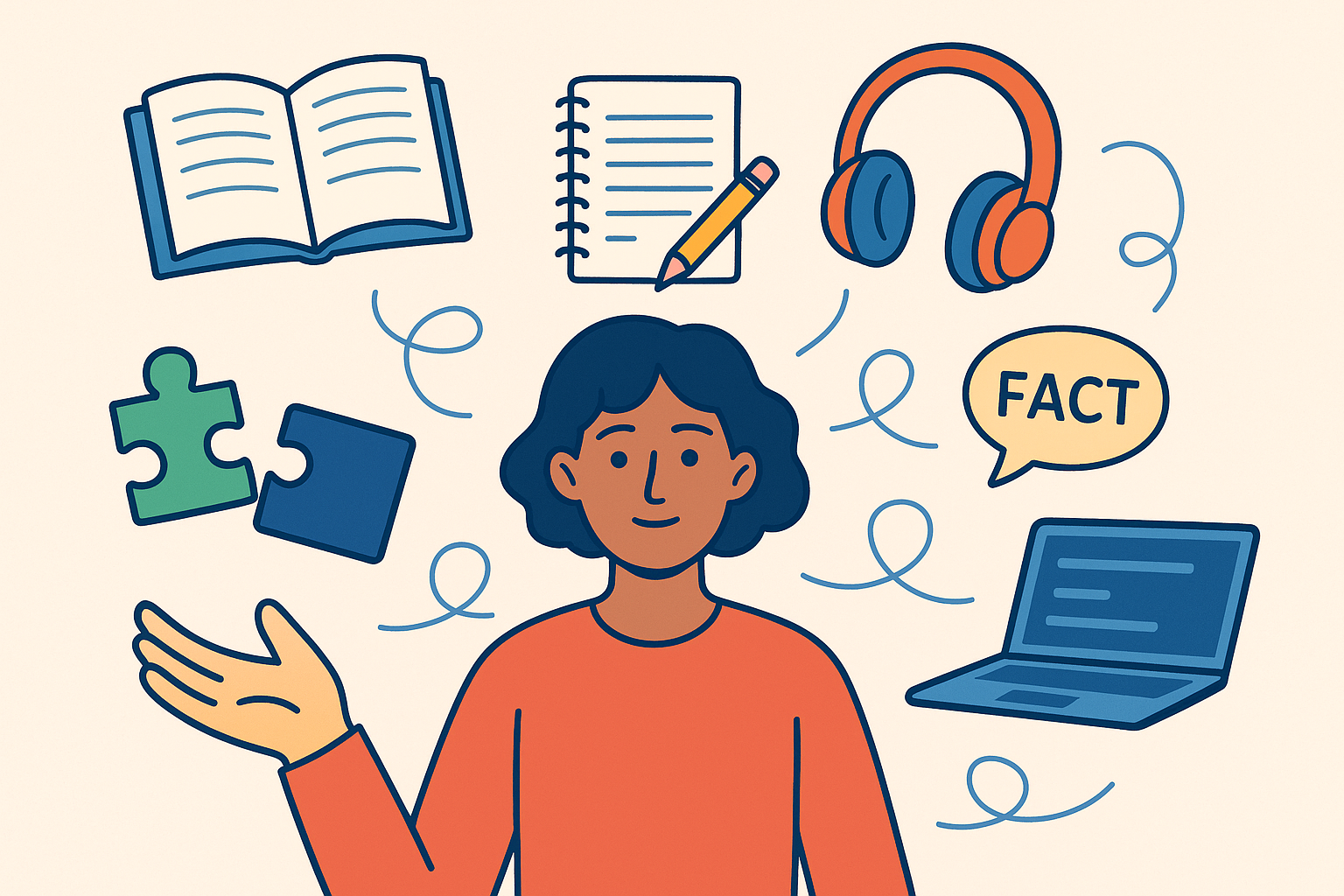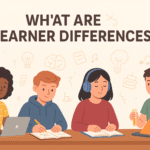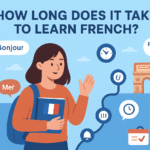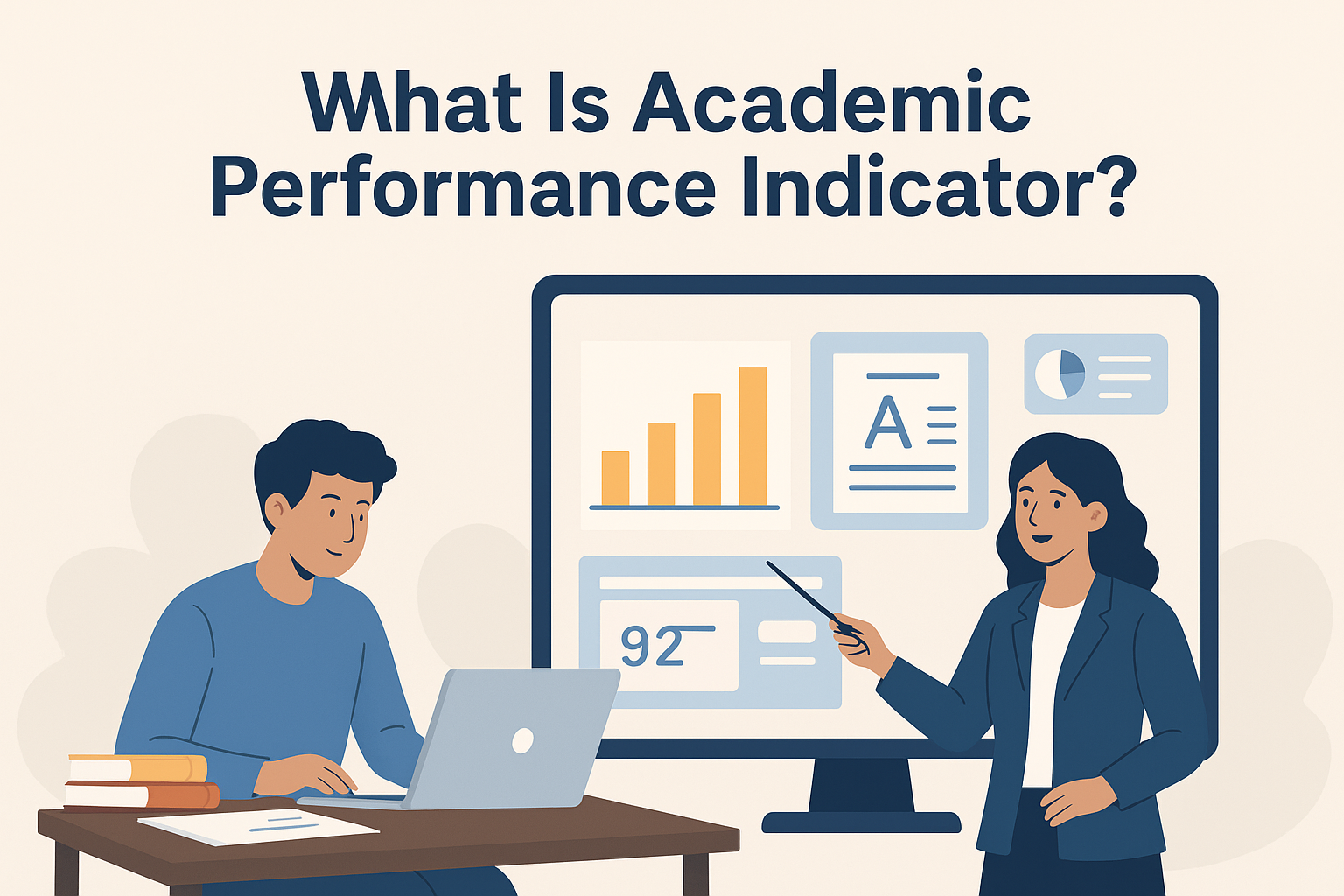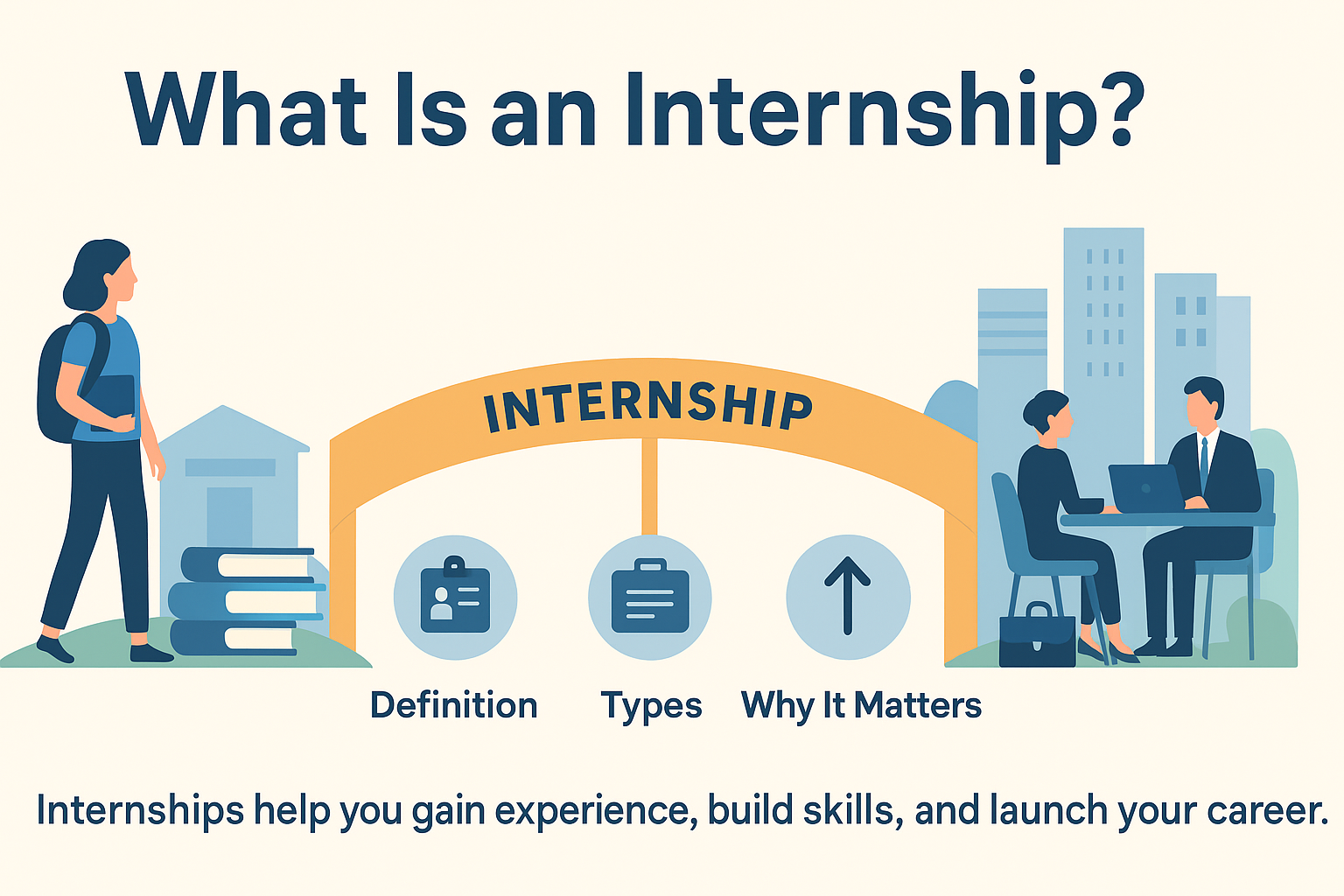Have you ever sat in a classroom or watched an online tutorial and thought: Why isn’t this clicking for me the way it does for others? That question often leads people to wonder, “what kind of learner am I?”
The truth is, we all process and retain information differently. Some of us remember best when we see visuals, others need to hear explanations out loud, while some learn best through practice. Understanding your personal learning style can help you study smarter, not harder — and it might even boost your confidence in the workplace and beyond.
Why Ask, “What Kind of Learner Am I?”
Learning is not one-size-fits-all. When you figure out how your brain absorbs information best, you can tailor your methods to match.
- Students can improve test prep and memory recall.
- Professionals can sharpen workplace training or presentations.
- Creatives can find better ways to spark ideas.
So, if you’ve ever asked yourself “what type of learner are you” or taken a learning type quiz, you’re already on the right track. It’s less about putting yourself in a box and more about unlocking strategies that make learning more effective.
Different Learning Styles Explained
Educators often talk about the VARK model — Visual, Auditory, Reading/Writing, and Kinesthetic. While these aren’t rigid categories, they’re a helpful way to think about how you take in knowledge.
- Visual Learners
- Prefer charts, diagrams, infographics, and videos.
- Benefit from color-coding notes or drawing mind maps.
- Auditory Learners
- Thrive in discussions, lectures, and podcasts.
- Remember best by talking concepts through or listening to recordings.
- Reading/Writing Learners
- Gravitate toward textbooks, note-taking, and written explanations.
- Learn by rewriting key points, making lists, or journaling.
- Kinesthetic Learners
- Need hands-on activities and real-life practice.
- Excel in labs, workshops, or by “learning while doing.”
These categories highlight different learning styles, but keep in mind — most of us are a mix. You might find that you’re primarily visual but also benefit from hands-on practice.
How Learning Modality Quizzes Help
Ever seen a learning modality quiz online? These tools ask you questions about how you prefer to study, recall information, or solve problems. Based on your answers, you get insights into whether you lean toward visual, auditory, reading/writing, or kinesthetic learning.
Similarly, a learning type quiz can be a fun and practical way to figure out “what is my learning style.” While these quizzes aren’t perfect, they can give you useful guidance for building stronger study habits.
Beyond Labels: Using Your Learning Style in Real Life
Identifying your learning style is only the first step — the real growth comes when you put it into action.
- Visual learners can use diagrams, sketches, or slides in presentations.
- Auditory learners might record lectures or join study groups.
- Reading/Writing learners should keep journals and create checklists.
- Kinesthetic learners can use role-play, practice tasks, or movement-based study methods.
By working with your style instead of against it, learning becomes less of a struggle and more of an empowering process.
The Debate Around Learning Styles
It’s worth noting that scientists debate whether learning styles are truly “hardwired.” Some studies suggest that labeling yourself too strictly can actually limit growth.
The better way to think about it? Use learning styles as a tool for self-awareness — not a rulebook. Stay flexible. Even if you identify as a visual learner, you can still benefit from listening to a podcast or writing things down.
Related Concepts: Learner Differences
The idea of learning styles overlaps with broader learner differences, which include individual abilities, backgrounds, and challenges that affect how people learn. If you’d like to explore this deeper, check out our guide on What Are Learner Differences for examples and insights.
Conclusion: What Kind of Learner Am I?
At the end of the day, asking “what kind of learner am I” isn’t about boxing yourself into a category — it’s about understanding yourself better. Whether you’re a student, professional, or lifelong learner, recognizing your strengths can help you unlock new ways to grow.
Try a learning modality quiz, experiment with different study methods, and most importantly — stay open to learning in multiple ways. Because the real answer is this: the best learner is a flexible one.



